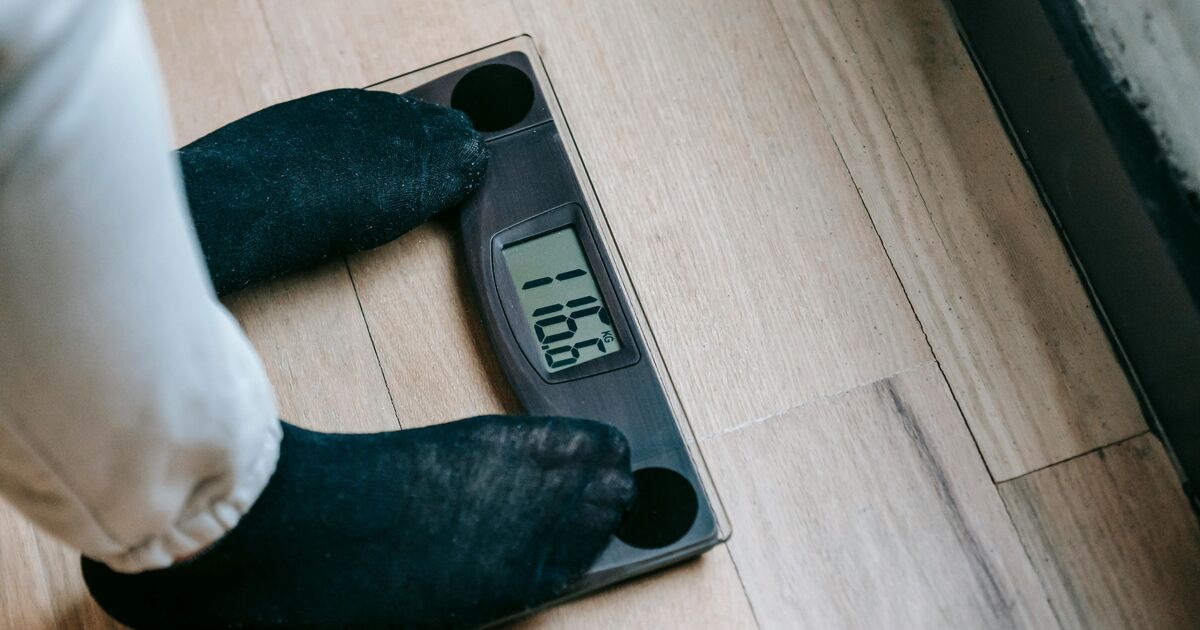For those embarking on a weight loss journey, it’s a familiar story. The pounds seem to melt away effortlessly at first, only to slow down or even halt completely.
If you’ve hit this frustrating plateau, one dietitian has revealed the crucial adjustment you need to make. Victoria Taylor, a senior dietitian, has shed light on why individuals often experience rapid weight loss in the initial stages, which then tapers off to a more gradual decline.
Speaking to the British Heart Foundation, Victoria explained: “When you start losing weight, you can lose a lot in the first few weeks because your body is using up the energy it has stored for fuel, which triggers the loss of water from the body too. After this, weight loss tends to stabilise at a slower rate.
“A healthy weight loss following this initial stage is usually a maximum of around 0.5kg to 1kg, or 1Ib to 2lb, per week. This might feel disappointing compared to the amount of weight you lost in the first week or two. But if you lose 0.5kg per week for a year you’ll be 26kg, or about 4 stone, lighter the same time the following year.”
Victoria pointed out that while many envision weight loss as a steady progression, real life often throws a spanner in the works – holidays, significant life events, or religious festivals could all disrupt progress. She commended anyone who manages to maintain their weight loss through such disruptions and resume their weight loss journey afterwards as “doing well”, reports Gloucestershire Live.
Victoria explained the dynamics of overcoming a weight loss plateau, noting: “When you lose weight, you need less energy (fewer calories) to maintain a smaller body mass. This is another reason you may stop losing weight.
“To start losing weight again you’ll need to consider making further changes to the types or amounts of food you eat. This could include having more filling foods that are high in fibre and protein and reducing the food portions on your plate. You could also increase your levels of activity, which can help to maintain weight loss.”
Lastly, she suggested a practical method to monitor progress. She advised: “Consider keeping a food and activity diary for a few days. Use this to identify small, sustainable changes that work for you.”










